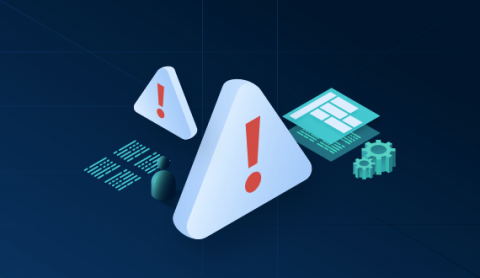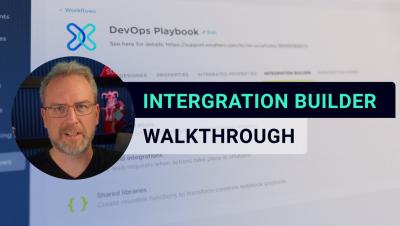Can Endpoint Protection Keep up With Modern Threats?
Endpoint protection is a security approach that focuses on monitoring and securing endpoints, such as desktops, mobile devices, laptops, and tablets. It involves deploying security solutions on endpoints to monitor and protect these devices against cyber threats. The goal is to establish protection regardless of the endpoint’s location, inside or outside the network.











